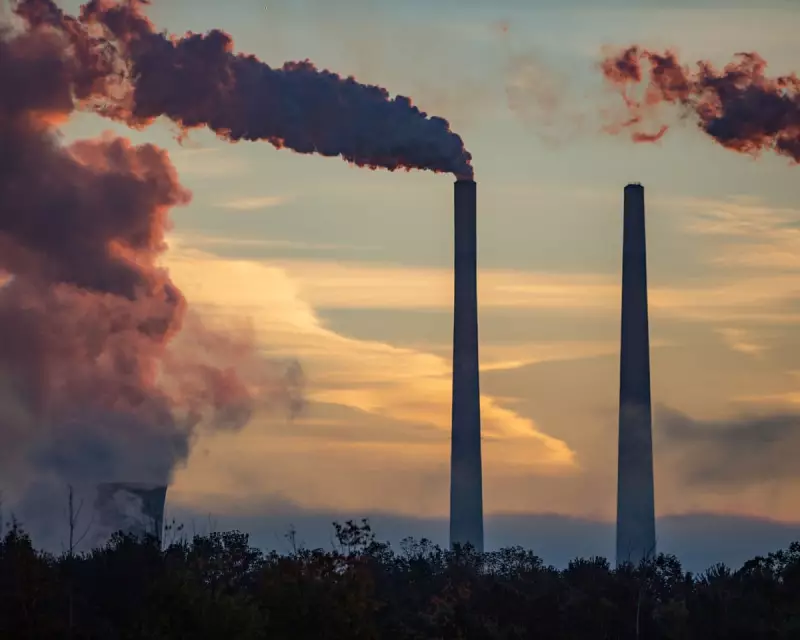
In what's being hailed as a revolutionary step toward climate justice, world leaders have secured a groundbreaking agreement to levy taxes on the ultra-wealthy and fossil fuel industry, generating an estimated £75 billion annually to assist nations most vulnerable to climate change.
A New Era of Climate Finance
The unprecedented deal, finalised during intense negotiations at the United Nations, represents the most significant redistribution of wealth for climate action in modern history. The funds will be directed toward helping developing countries rebuild after climate-related disasters and transition to renewable energy systems.
How the Funding Will Work
The comprehensive package includes two primary revenue streams:
- Global minimum wealth tax: A 2% annual levy on billionaires' fortunes exceeding $100 million
- Fossil fuel surcharge: Additional taxes on oil and gas company windfall profits
This dual approach ensures that both the individuals who've contributed most to carbon emissions and the industries directly responsible bear the financial burden of climate mitigation.
Addressing Historical Injustice
The agreement acknowledges what climate activists have long argued: that wealthy nations and corporations disproportionately responsible for greenhouse gas emissions have a moral obligation to support poorer countries suffering the consequences.
"This isn't charity—it's climate justice in action," declared one European negotiator. "We're finally recognising the fundamental inequality at the heart of the climate crisis."
Where the Money Will Go
- Disaster recovery and reconstruction efforts
- Renewable energy infrastructure development
- Climate adaptation projects in vulnerable regions
- Technology transfer and capacity building
The funding mechanism includes robust transparency measures to ensure resources reach communities most in need, with independent oversight of all allocations.
Overcoming Political Hurdles
The path to agreement wasn't smooth. Initial resistance from some wealthy nations and fossil fuel-producing countries was overcome through strategic compromises and growing public pressure. The final text represents a delicate balance between ambition and political feasibility.
Implementation will begin in 2026, with the first substantial funds expected to reach recipient countries by early 2027. The agreement includes provisions for regular review and potential scaling of contribution rates as climate needs evolve.
This landmark deal signals a fundamental shift in how the international community approaches climate responsibility, potentially setting a new precedent for global cooperation in addressing shared environmental challenges.





